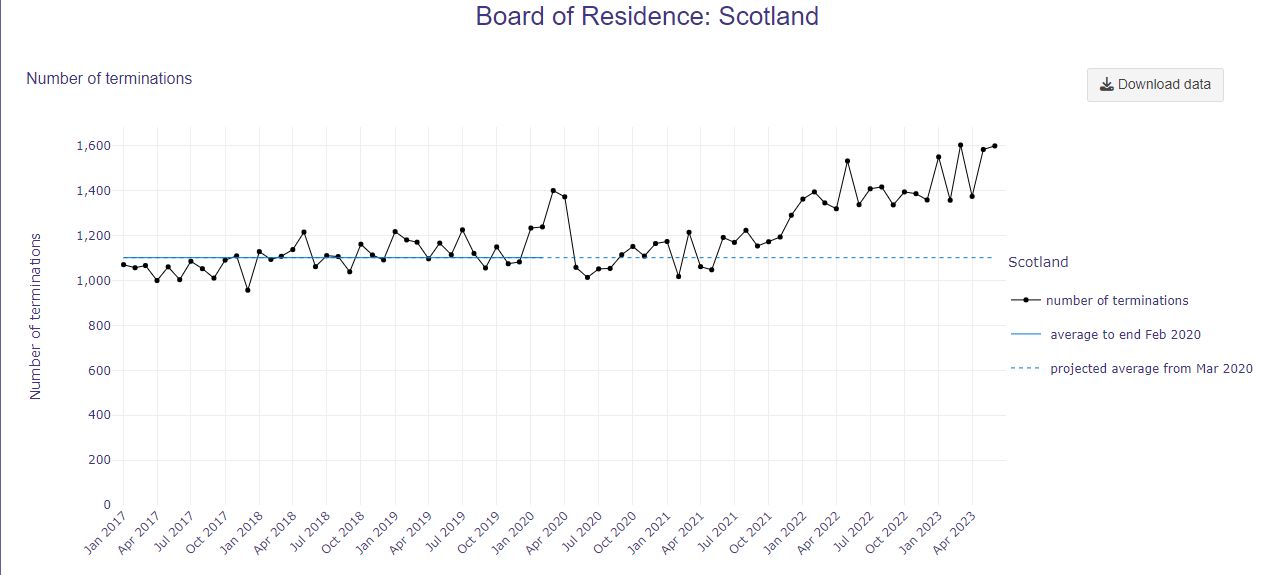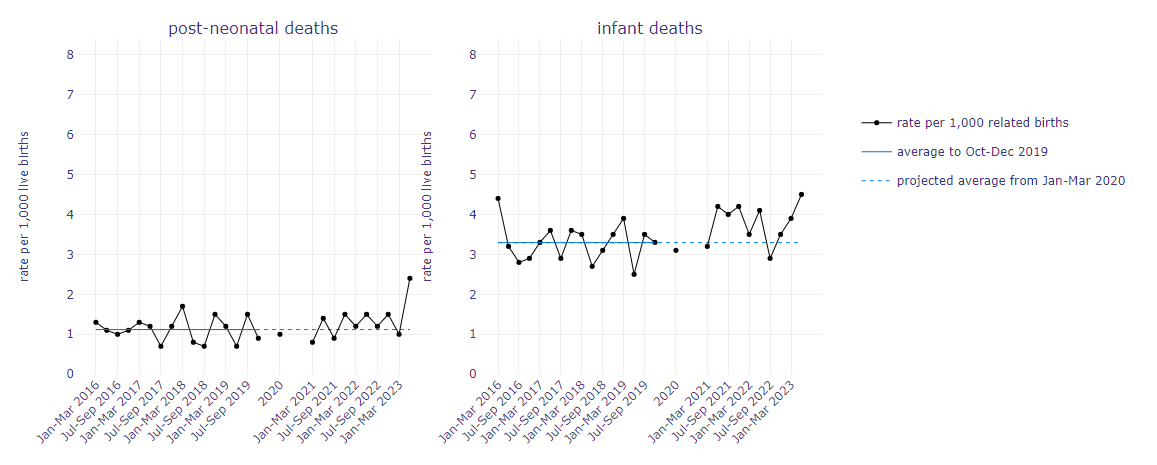Miscarriage After SARS-CoV-2 Vaccination
New Study Finds Higher Miscarriage Rates After Vaccination But Declares Vaccine Safe
A study published a few weeks ago looked at Miscarriage after SARS-CoV-2 vaccination. It was undertaken by researchers at Queen’s University, Ontario, Canada and the University of Toronto. After being received by BJOG: An International Journal of Obstetrics & Gynaecology in August, it was published in November.
Clearly woke-mania has taken over Ontario as the study begins by saying “Pregnant people, and those trying to get pregnant…” It’s a worrying start when the authors don’t even know that it is women that get pregnant but I mustn’t judge and should just carry on reading.
The study included a cohort of women aged between 15 to 50 years with confirmed pregnancies. These women were identified through the Better Outcomes Registry & Network (BORN), Ontario's provincial birth registry. The study period spanned from 14 December 2020, to 1 December 2021, aligning with the rollout of COVID-19 vaccines in the region.
The cohort was divided based on their vaccination status: unvaccinated, remotely vaccinated (vaccinated more than 28 days before estimated conception), and recently vaccinated (vaccinated within 28 days before conception up to 120 days after conception). The study then compared the rates of miscarriage among these groups. Miscarriage was defined as a pregnancy loss occurring at or before 19 weeks of gestation, as recorded in the BORN database.
The study found that the rates of miscarriage were 3.6 per 10,000 person-days among remotely vaccinated women and 3.2 per 10,000 person-days among recently vaccinated women. In contrast, the rate was 1.9 per 10,000 person-days among unvaccinated women.
Furthermore, the gestational age of miscarriage was a week later for vaccinated women, as opposed to the unvaccinated. For recently vaccinated the median age was 9 (7-12) weeks, remotely vaccinated 9 (6-11) weeks and for unvaccinated women 8 (6-11) weeks.
The results also showed that induced abortion rates for remotely vaccinated women were 7.7 per 10,000 person-days, 7.4 per 10,000 person-days for recently vaccinated women and 4.2 for unvaccinated women.
A slam dunk you would think. The study seems to show an 89% increase in miscarriages for remotely vaccinated women and a 76% increase in abortions.
However, the study concludes “SARS-CoV-2 vaccination was not associated with miscarriage while accounting for the competing risk of induced abortion. This study reiterates the importance of including pregnant women in new vaccine clinical trials and registries, and the rapid dissemination of vaccine safety data.”
The authors concluded that the vaccines were safe after the adjustment of hazard ratios (HR) by considering a variety of factors. These included age, rurality, neighbourhood income quintile, immigration status, comorbidity, diagnosed obesity, number of times given birth, diagnosed infertility and the date of conception.
After running these adjustment models, the authors say that there were no statistical differences in the rates of miscarriages or abortions.
As mentioned, this study only looked at pregnancies up to 1 December 2021. Looking at Scottish data we can see that this is when terminations started to rocket upwards and have never fallen back down.
We can also see that after that date, post-neonatal and infant deaths began to rise over the trend lines.
But the study, after adjustment models, concludes safe and effective. All we can do is look at the data in the real world to suggest that maybe it isn’t.






'After adjusting the study findings to eliminate the dramatic and unfavourable variance between vaccinated and unvaccinated, we find no problems with the vaccines'.
Welcome to 'The Science'.
"But the study, after adjustment models, concludes safe and effective."
Anything else would be dangerous anti-vax disinformation!